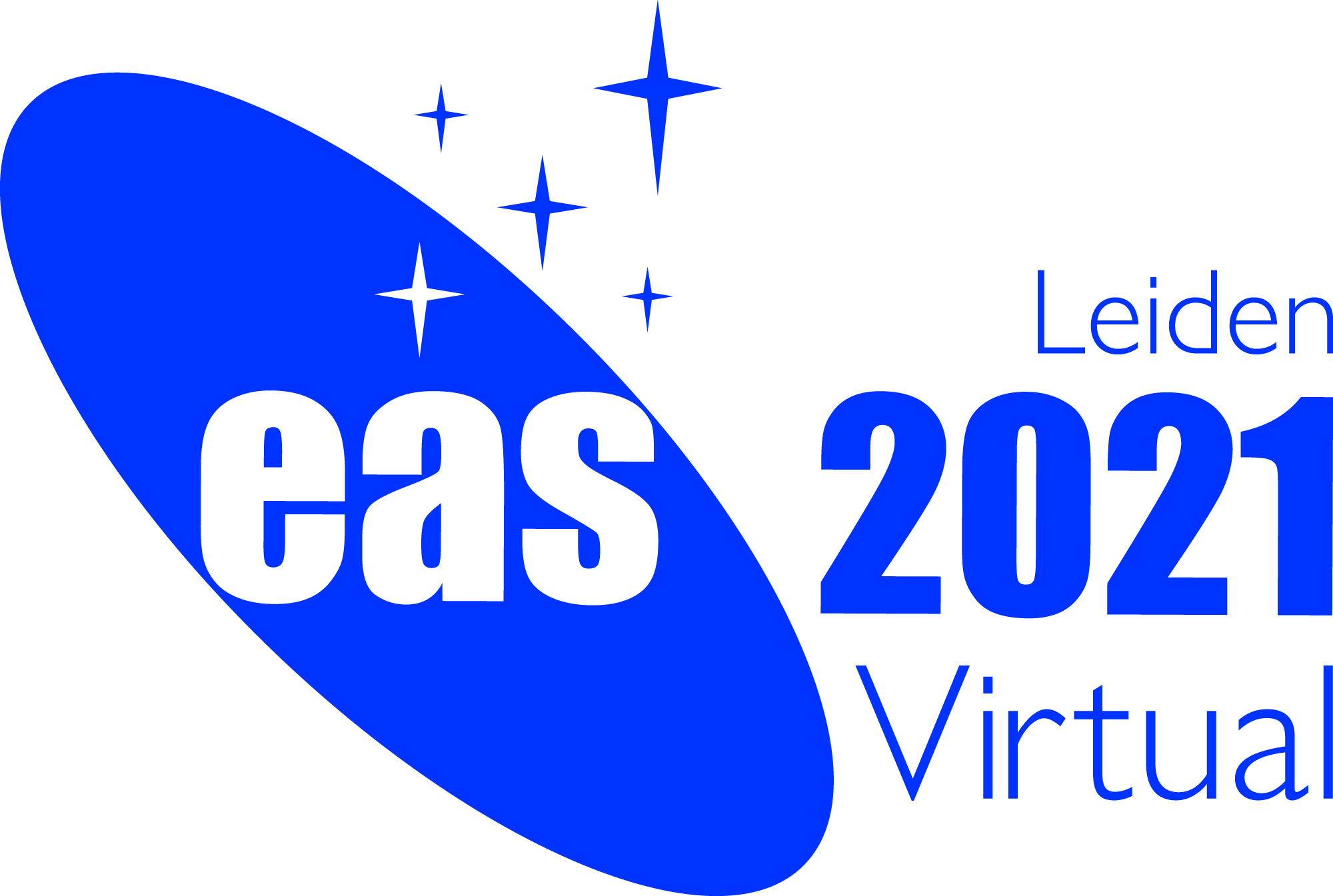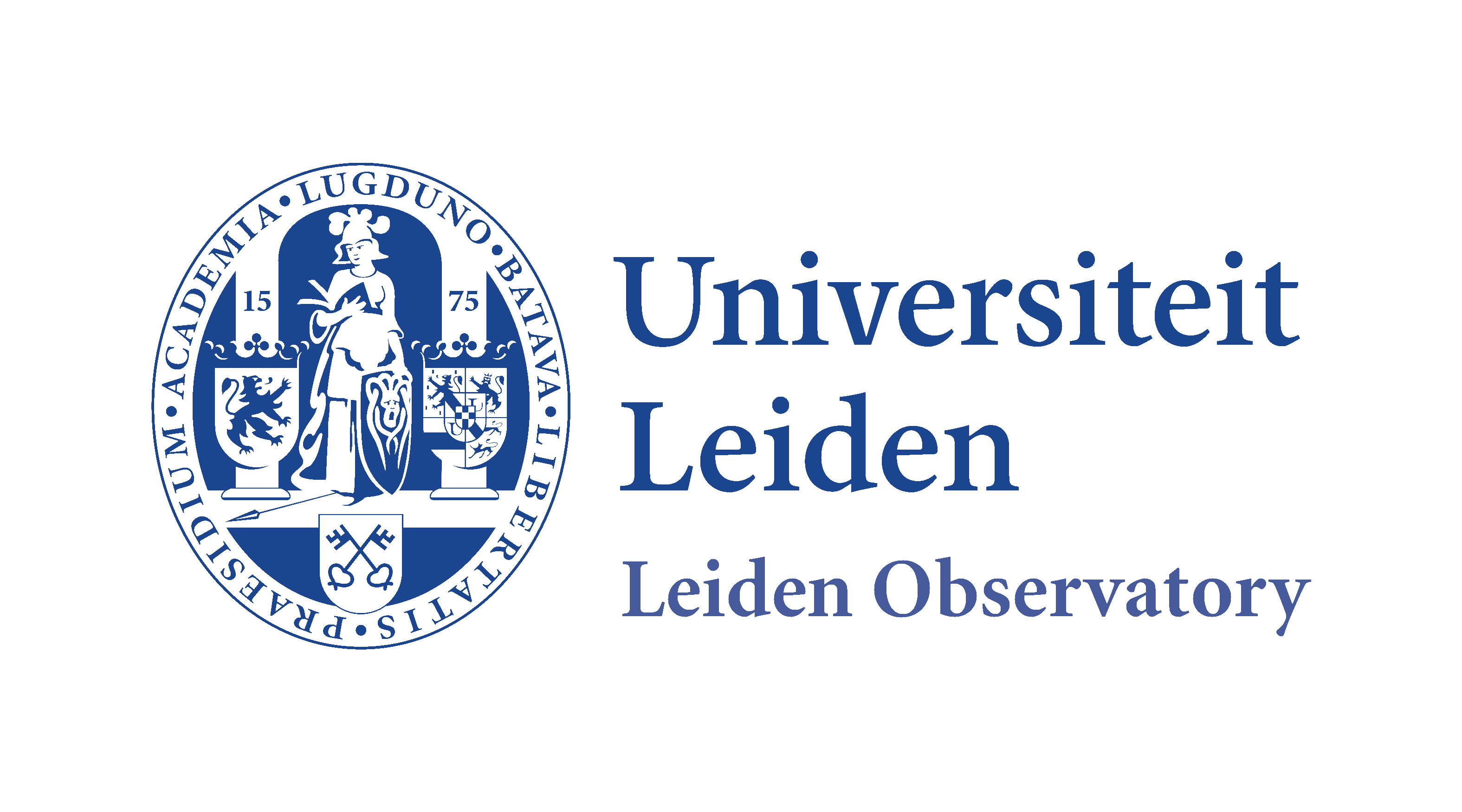
|
Symposium S7
30 June - 1 July 2021
Quasars at the reionization epoch
This symposium will review the research highlights and the open questions on the nature and properties of the highest-redshift quasars near the Epoch of Reionization. The first quasars are at the forefront of research in the rapidly advancing field of galaxy formation and evolution, and intergalactic medium (IGM) evolution at the Reionization epoch. A huge amount of multi-wavelength data on these objects is now available from several dedicated observing programs that use flagship instruments, like ALMA, MUSE/VLT and X-SHOOTER/VLT. In the last few years, the number of quasars discovered at redshift larger than 6 has seen a rapid increase, and now exceeds 200, with the record holder at z=7.54. Many are the new discoveries in this field, as are the open questions. The very existence of the first quasars is a conundrum, because they are powered by super-massive black holes (SMBH) whose seeds and growth processes are still uncertain. On the other hand, state-of-the-art observations have shown that quasars are hosted by massive star-forming galaxies, and some suggest that they may live in overdense regions. Yet, it is still debated which physical processes drive the evolution of the SMBH and their host galaxies, which is the role of intense star formation, of AGN-driven winds and of the environment. Finally, quasars at z>~6 are one of the few fundamental probes of the (final stages of the) reionization process, thanks to the information on the physical status of the IGM imprinted in their absorption spectrum. The metal absorption lines detected in the quasar spectra are a key feature to investigate the early chemical enrichment and the possible signature of PopIII stars.
Programme
Invited speakers
Scientific organisers Valentina D'Odorico (Co-chair, INAF - Trieste, Italy) Chiara Feruglio (Co-chair, INAF - Trieste, Italy) Simona Gallerani (SNS - Pisa, Italy) Laura Keating (Leibniz Institut für Astrophysik - Potsdam, Germany) Jan-Torge Schindler (MPIA - Heidelberg, Germany) Feige Wang (Arizona University - USA) Contact valentina.dodorico @ inaf.it chiara.feruglio @ inaf.it Updated on Wed Dec 23 10:51:36 CET 2020
|
|||||||||||
|
European Astronomical Society |
||||||||||||
 A power cut will shut down all EAS services on Tuesday, 10 January 2017 starting at 7:30 CET.
A power cut will shut down all EAS services on Tuesday, 10 January 2017 starting at 7:30 CET.


